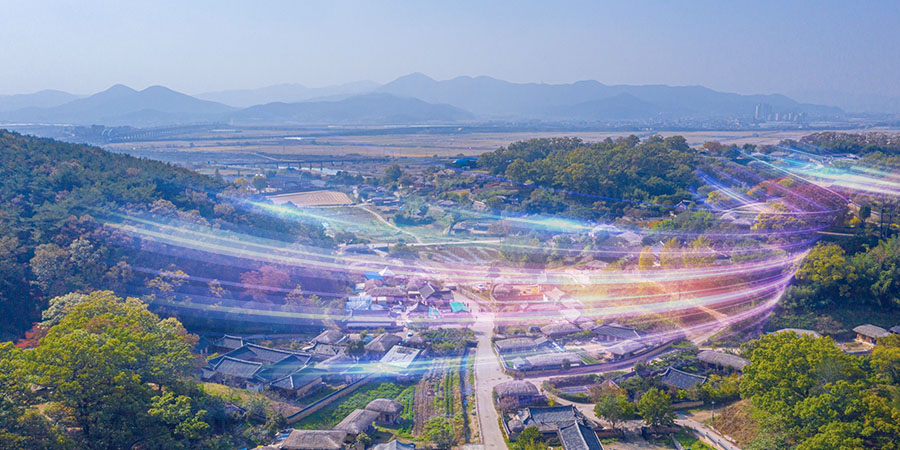
No longer a dream of the future, 5G is here and will be at the very core of an ecosystem that is ready to fuel the digital evolution towards a more dynamic and connected society. Advancing right alongside this 21st century digital phenomenon is Mavenir, who is not only leading the way towards a 100% software-based, end to end mobile network infrastructure solutions, but also smashing through traditional and archaic telco methods, disrupting the overall industry and heralding a new era of continued innovation and market proliferation.
Telecom Review Asia had the honour of sitting down with Mavenir’s VP and Head of APAC Sam Saba to discuss his transformative plans for the deployment of 5G in the one of the most technologically vibrant regions in the world.
Within the context of a 5G ecosystem, which markets do you feel have led the way in terms of adoption and deployment of new technology?
It has become quite well known that there are a number of markets that are pioneers in terms of rolling out new technology – markets like Japan, South Korea, China and obviously Australia as well and a number of other markets that are keen to ride on the new 5th generation technology. This is why it makes this market extremely interesting because not only do we have pioneers, but we also see a number of other markets that are still continuing to roll out technologies, whether they are 3rd or 4th generation technologies. And this is where it becomes quite exciting; to see how the different markets deal or look at the benefits of having these different technologies.
There are still many ASEAN countries struggling to make the shift to adopting 5G fully due to a number of internal factors; a lack of awareness of the technology and a significant unbanked population, particularly in rural areas, are just two examples of this issue. How exactly do you propose to meet these challenges?
I look at mobile technology as being an inclusive technology and this is why I say that the real benefit that we see in developing markets and a number of other markets in Southeast Asia is the ability to improve people’s lives so that everyone has the same level of connectivity; in essence or the means for governments and enterprises to provide the same level of services regardless of whether you live in the city centre or in a rural area. Mobility or mobile technology has given the governments and enterprises this ability and, with every new generation, we see that barrier effectively getting lower and lower, and now with 5G we truly see, for the first time, the ability to offer more or less the same quality of service across the whole market, wherever you might be in the market.
Until just recently, to be able to deliver certain types of services over telecommunications networks, you would need to have fibre, but now with 5G, and I am not saying that 5G will replace fibre, I am saying that now we would be able to deliver these services more efficiently or as effectively as we have been doing with fibre and other fixed networks.
We’re now seeing a gradual shift from traditional hardware to 100% virtualised cloud-native software solutions. In terms of security, are there any major concerns that we would need to worry about?
My view is that if you have any concerns whatsoever with your 3G or 4G networks, 5G is by far the most secure technology that we have. The standards and security protocols that have been specified are the strictest, so in my view we have a far more secure network in the way that we will design and architect the 5G network than we have ever done before.
When we talk about 5G readiness in Asia Pacific, do you think there is still more to be done or is the region ready for it?
There is no reason why the markets in Asia are any different from the markets around the world. As you know, a lot of it has to do with spectrum. Obviously, we need to have the spectrums ready and in place but we have already seen 5G being rolled out in the pioneering markets, like we have seen before with 4G. We also know that spectrum is still being finalised by regulators in a number of other markets now in different parts of Asia. Other than that, from a technology perspective, there is no other barrier whatsoever. In fact, I can tell you that even if the 5G spectrum is not yet available, there is no reason for operators to not begin to roll out the access today.







